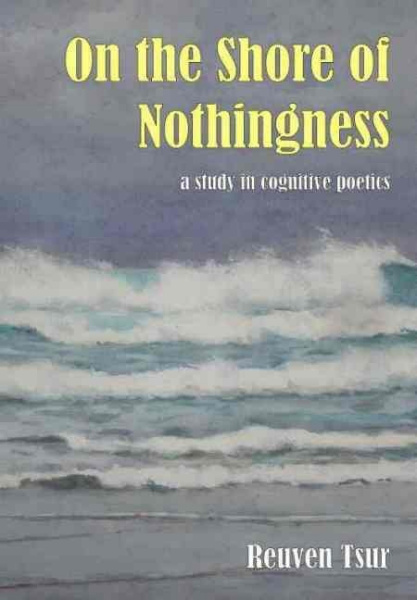This book studies how poetic structure transforms verbal imitations of religious experience into concepts. The book investigates how such a conceptual language can convey such non-conceptual experiences as meditation, ecstasy or mystic insights. Briefly, it explores how the poet, by using words, can express the 'ineffable'. It submits to close reading English, French, German, Spanish, Italian, Armenian and Hebrew texts, from the Bible, through medieval, renaissance, metaphysical, and baroque poetry, to romantic and symbolistic poetry.


